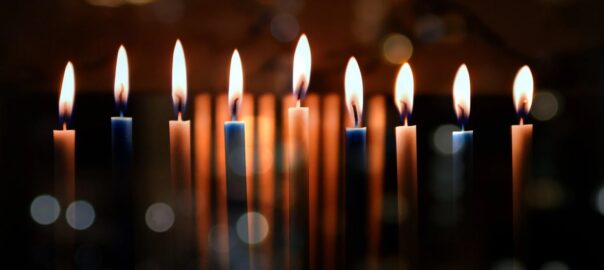
Key Scriptures: Matthew 21:12-22; Mark 11:1-14; 14:3-11; Luke 19:45-46; John 12:1-11
On this second day of the week, scholars and church tradition place the anointing of Jesus with oil at Bethany here, along with the cursing of the fig tree and cleansing of the Temple. We also discover in John’s Gospel that some leaders are planning to kill Lazarus – Jesus’ friend he had raised from the dead (John 11) – because Lazarus’ testimony was leading too many people to believe in Jesus!
The anointing of Jesus with expensive perfumed oil was considered extravagant by the religious – and received as a beautiful expression of love by our Lord. Jesus is not being wasteful; he is receiving the highest sacrifice that this repentant follower could offer.
The cursing of the fig tree was a symbolic act, representing God’s judgement on those who – in spite of many invitations – refuse to believe. In today’s world, many are uncomfortable with the reality that some will enjoy God’s presence forever and some will be excluded by their own choices. Our loving Lord is persuasive and powerful and constantly wooing people to himself. In the end, following Jesus is voluntary.
The Cleansing of the Temple was an act of divine judgment on some of the religious leaders and their practices, especially the unfair treatment of Gentile converts to Judaism and God-fearing people desiring to know the Lord and experience his presence. The moneychangers were making it more expensive for “outsiders” to participate. Jesus prophetically prepares the way for the new temple – not a building of human hands but the expanded people of God, including all Jews and non-Jews that place their faith in Jesus (See Ephesians 2:11-21).
Will we offer our lives extravagantly to the Lord, submitting all our time, treasure, and talent to him? Will we make sure we place no barriers to fellowship and ministry in the way of anyone, regardless of background? Will we aim for fruitful obedience and total dependence on the Lord, and refuse to exchange godliness for greed?

